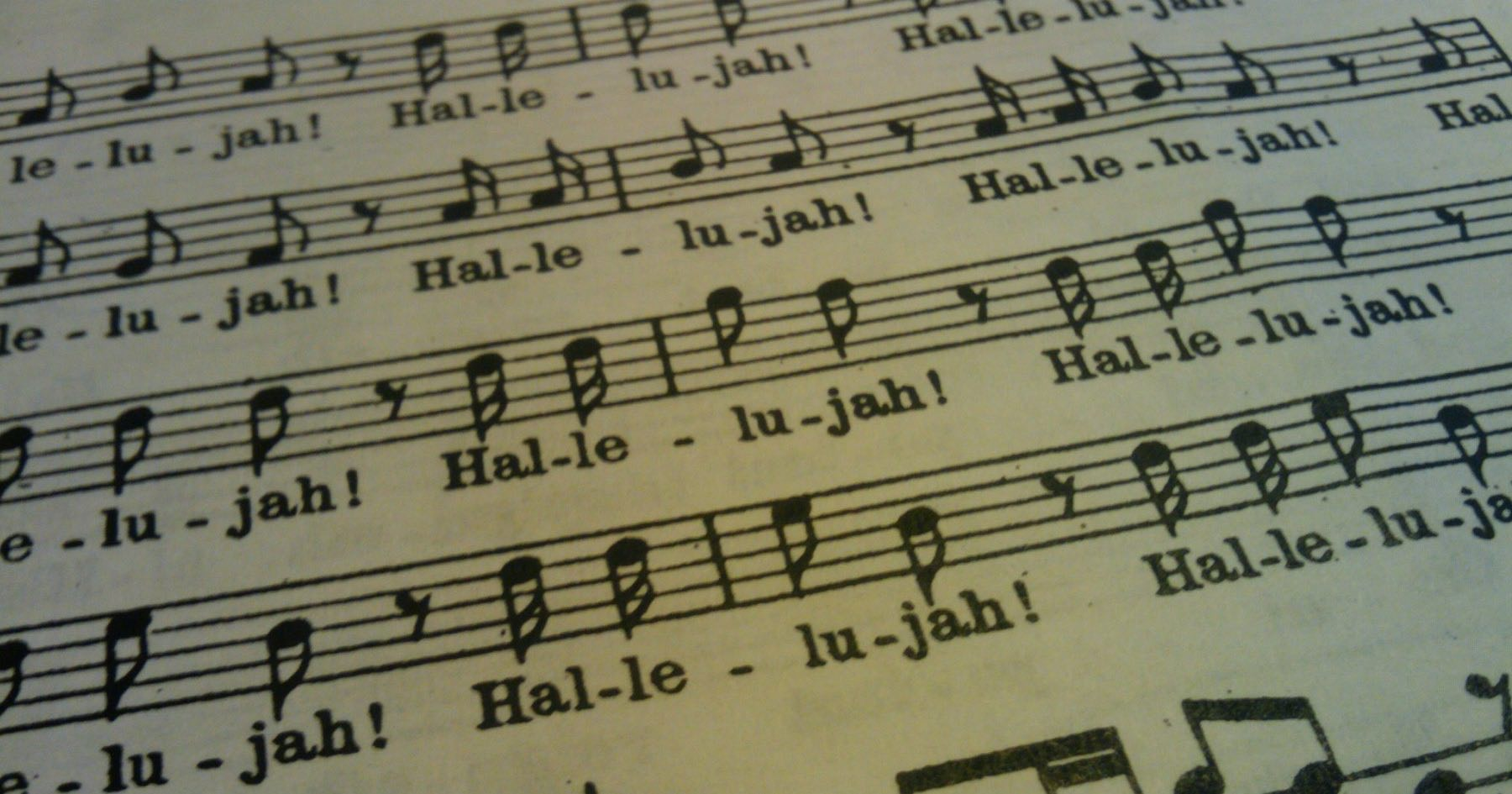On June 28, the Belfry Theatre in Victoria presented an interview with Michael Shamata, its artistic director, and Tobin Stokes, the composer and sound designer who recently completed the sound design for Pacific Opera’s Bon Appetit and the Italian Lesson, and both the music and sound design for the Belfry’s play Sexual Misconduct of the Middle Classes. Tobin was asked about the relationship between the composer and sound designer and the director of a play or opera. He said it always requires a two-way relationship. “However,” he said, “it is essential that as the composer you understand yourself to be in the service of someone else’s production.”
In the same way, it is essential that those who offer the gift of music and song in the Christian liturgy act as those who are in the service of someone else’s production. The purpose of music and song is to celebrate, give thanks and communicate the good news of God in Jesus Christ.
In his daily morning prayer, offered to his “garden congregation” across the world during the early days of the COVID-19 pandemic, Robert Willis, dean of Canterbury Cathedral, laid frequent emphasis on the ways in which music conveys the words of faith, whether in the form of psalms, hymns old and new or in oratorios such as Handel’s Messiah. It is a particular gift to write and perform music that leaves the text to which it is an accompaniment sounding in our hearts and minds for hours afterwards.
Bruce Chatwin, in his book Songlines, explores the ways in which Australia’s Aboriginal people recorded their history and geography and communicate with one another. Their songlines go back to their ancestors in dreamtime. Above all else, he says, the music in their songlines, a music that other Aboriginal people are able to access and understand, enables them “to map out their world.” Arkady, an Australian colleague with deep experience of Aboriginal people in the outback says, “Music is a memory bank for finding one’s way about the world.”
A friend shared this family experience. The hymn Eternal Father, Strong to Save (For Those in Peril on the Sea) was sung on the occasion of her christening when her father was at sea with the merchant navy in World War II. It has always been important for her family, for her relationship with her father and for her faith. She would like it to be sung at her funeral. It has literally mapped out her world.
In a concert or opera, an audience listens to a performance. In contrast, in Christian liturgy there is a community participating in words enhanced by music as expressions of their living faith. The balance between a fine choir performance and a high level of participation in sung praise and thanksgiving by the congregation takes time and commitment to achieve. Where that kind of expression of Christian community is achieved it confers a foretaste of heavenly glory.



